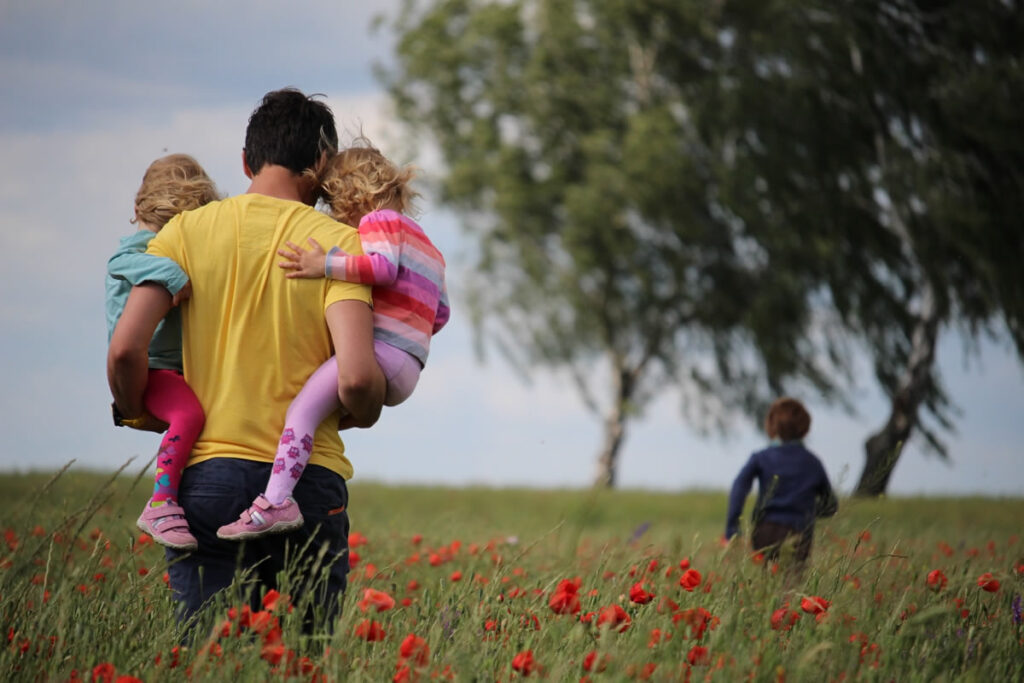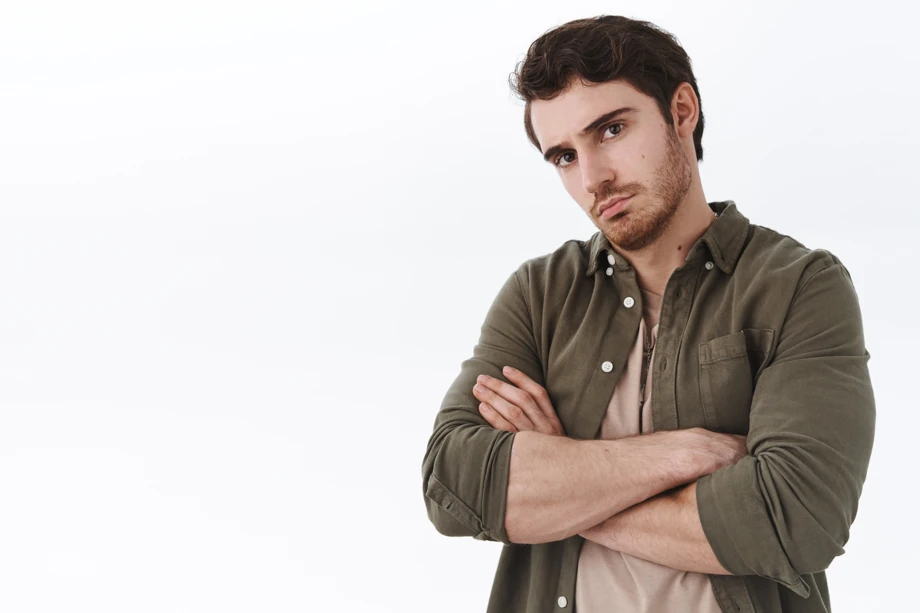Parents play huge part in children’s lives and many times their behaviour influence children while they are growing up. We would like the relationship between parents and children be appropriate, and above all full of understanding, love and parental closeness. Unfortunately, it is not always the case. In this article we will focus on the relationship between a child and its father, and it is not always positive aspects. ‘I hate my father’ – how many times you happened to say those words? Hatred of father – where does it come from?
The family is the most important – what is the purpose of family?
We often call family an essential, but also the most important social unit. It is no wonder that it plays such an important role in the development and functioning of each of its member. For a child, it is its first and natural environment. Looking at other family members, new member of the family observes and acquires standards. He learns social roles and moral values. Practically every day is a lesson of respect and tolerance. What will become of the child largely depends on the family, where they grow up. As a teenager, and later an adult, decides if he wants to copy these standards or maybe prefers to become someone entirely different.
Describing the values which should guide the family on how to bring up their offspring, we think about healthy relations between their members, particularly between a mother and a father. These relations are not always based on correct behaviours. Perhaps it happened that you said or thought – ‘I hate my father’ or ‘I hate my mother’. Do you have the right to feel like this? Father hating is a problem, which both sons and daughters often report.
Father hating – father’s role in the family
The Father should be the second most important person in child’s life after the mother. However, according to studies carried out by OECD (The Organisation for Economic Co-operation and Development), Polish fathers spend only 40 minutes daily with their children.
Even though traditional parental roles have changed with the times, the father still spends less time with their children. However, his role in a family is very significant, especially in case of sons, for whom father becomes first hero and an example to look up to.
Reading about a father’s role, we have in our eyes set of merits, which should characterise a good parent. However, the behaviour of some of those fathers is not always worth praising and do not meet with the approval of their children. Father hating is not a rare occurrence – where do such feelings come from?

‘It’s not difficult to become a father, it is difficult to be a father’
(Wilhelm Busch, writer)
Father hating – how does it start?
Allegedly,there is a thin line between loveand hate. When children are born, they instinctively love their parents. They are helpless and are dependent on parents’ care and support.
As time passes, those relationships become stronger or just the opposite – get worse, sometimes to the point of hate.It is usually a slow process, where a son or daughter comes to realise that their parent’s actions are inappropriate. Many people both in childhood and adulthood try to justify and idealise a parent, looking for an explanation for certain behaviours.
By thinking ‘this is my father, I cannot hate him’, they try to suppress those arising emotions.Father hating causes pangs of remorse and a sense of guilt. According to them these negative emotions do not occur without reason. We expect from a parent support, a sense of safety or authority. A problem arises when relations with the father become inappropriate. What does it mean?
Why do I feel hatred towards my father?
Negative feelings towards a parent arise from different causes. Each person who feels hatred towards their father will be motivated by different reasons.
Most often it originates fromcauses such as emotional trauma, which the child experienced in the relationship with their father. It concerns the experiences of loneliness, neglect, various forms of violence, which could have been emotional abuse (putting down, bullying, ridicule), physical abuse (hitting, shaking) or sexual abuse. Addictions, particularly alcoholism, can contribute to the fact, that a son or daughter feels anger and sadness with every thought about their father. The lack of interest in their own child and abandoning parental duties can cause father hating. In case of broken marriages, it happens that child blames the father for the divorce and leaving the family and sometimes starting another family.
As we can see, father hating can have its source in different behaviours including amongst others:
- excessive demands from a child
- applying manipulation
- immature reactions
- selfishness and focusing only on his needs
Father should give continuously to feel happy. Continuously give, it means to be a father. (Honore de Balzac)
‘Father should give continuously to feel happy. Continuously give, it means to be a father‘
(Honore de Balzac)
Father hating in sons, as a result of experienced trauma, can contribute to many problems in experiencing self and the world. Men who had such experiences can have tendency to aggression towards themselves, experience emotional dilemma in relation to their male reactions, whichthey might supress, do not accept or express in inadequate or excessive ways. Sons can have huge problems with closeness towards others.
Father hating in daughters can cause a secondary closeness to a mother and subsequent difficulties with distinguishing herself as an adult and independent woman capable of self-realisation. In adult life, daughters are more exposed to unstable functioning which can manifest in early sexual initiation, untimely or unwanted pregnancies, bigger risk of addictions, problems with intimacy in relationships or unstable and chaotic relations with men.
How to deal with those feelings?
Anger is a troublesome, but natural feeling, which we all experience. However, tiresome, negative thoughts every day can lower the quality of our functioning. They impact relationships between loved ones, can cause fear of parenthood and repeating father’s mistakes. In case of grown-up daughters, we see a lack of trust in men in the roles of husband and father.
Father or mother hating affects many people. You don’t have to face them alone, especially if you feel these emotions overwhelm you. In such situations a psychologist’s help will be invaluable – he will help you to understand your situation and your feelings. The reasons mentioned above causing hatred towards father and can be found in different combinations, each of them will have an impact on the child and their later life. Our psychologists customise therapy individually for each patient, in order to get the best results.
Jak dostać się do naszego Ośrodka?
Jeśli interesuje Cię nasza oferta lecznicza i diagnostyczna, zapraszamy do naszego Ośrodka IN-MED, jesteśmy na Bemowie, ulica Pełczyńskiego 5 lok 78 w Warszawie.

